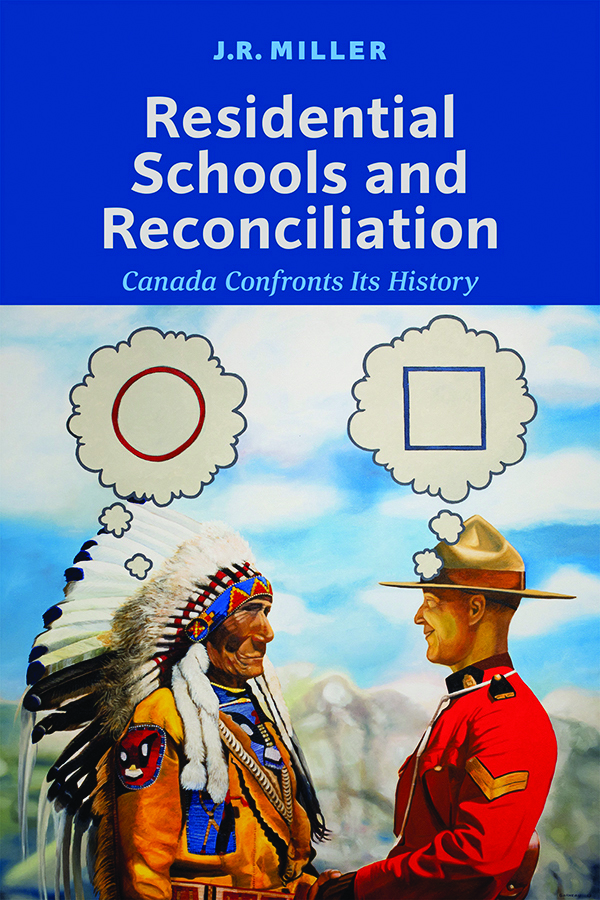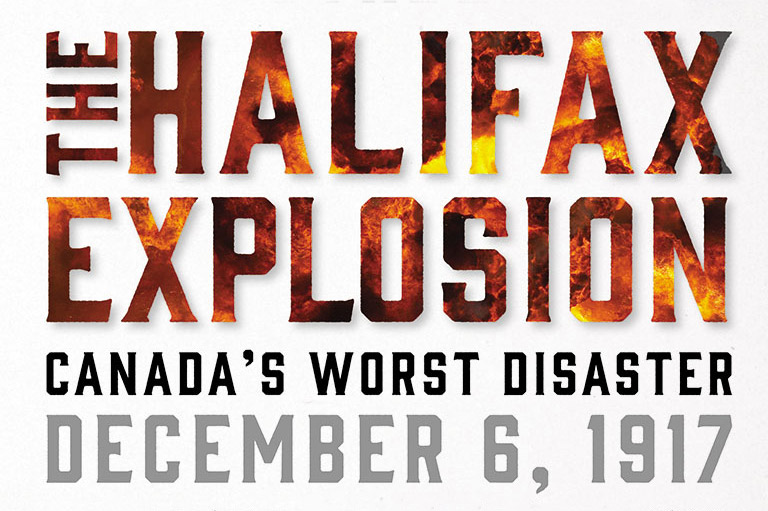Residential Schools and Reconciliation

Residential Schools and Reconciliation: Canada Confronts its History
by J.R. Miller
University of Toronto Press, 362 pages, $39.95
On June 11, 2008, then Prime Minister Stephen Harper stood in the House of Commons and apologized to Indigenous people in Canada for the federal government’s role in the Indian residential school system. A photo of him apologizing now commonly appears in school textbooks as well as in other resources and histories that deal with this difficult part of Canadian history.
A recent book by historian J.R. Miller demonstrates that Harper’s apology was just one moment in Canada’s journey of reconciliation regarding the residential school system. Residential Schools and Reconciliation provides a detailed review and analysis of various approaches to reconciliation over the past thirty years.
Thanks to Miller’s substantial research and new interviews with individuals like former National Chief of the Assembly of First Nations Larry Phillip “Phil” Fontaine and Senator Murray Sinclair, who chaired the Truth and Reconciliation Commission of Canada (TRC), readers are guided through a complicated history of acknowledgements and apologies, court cases and dispute resolution, and official government initiatives, including the Royal Commission on Aboriginal Peoples (1991–96) and the TRC (2008–15).
Such efforts have been important parts of the healing process for survivors of residential schools as well as key aspects of the reconciliation process for all people in Canada. Some initiatives were more effective than others at unearthing truth, assigning responsibility for past injustices, and providing tangible compensation for the survivors.
Not surprisingly, Miller maintains that the country still has much work ahead in order to achieve social and economic equality for Indigenous people in Canada. Going beyond the TRC’s ninety-four calls to action, he adds his own call to action for historians and educators.
Urging them to continue their research and to share the history of residential schools widely with Canadians, he predicts that meaningful change will require sustained public pressure. In this book, Miller has done his part, providing Canadians with an invaluable, insightful, and accessible resource on reconciliation in Canada.
We hope you’ll help us continue to share fascinating stories about Canada’s past by making a donation to Canada’s History Society today.
We highlight our nation’s diverse past by telling stories that illuminate the people, places, and events that unite us as Canadians, and by making those stories accessible to everyone through our free online content.
We are a registered charity that depends on contributions from readers like you to share inspiring and informative stories with students and citizens of all ages — award-winning stories written by Canada’s top historians, authors, journalists, and history enthusiasts.
Any amount helps, or better yet, start a monthly donation today. Your support makes all the difference. Thank you!
Themes associated with this article
Advertisement




